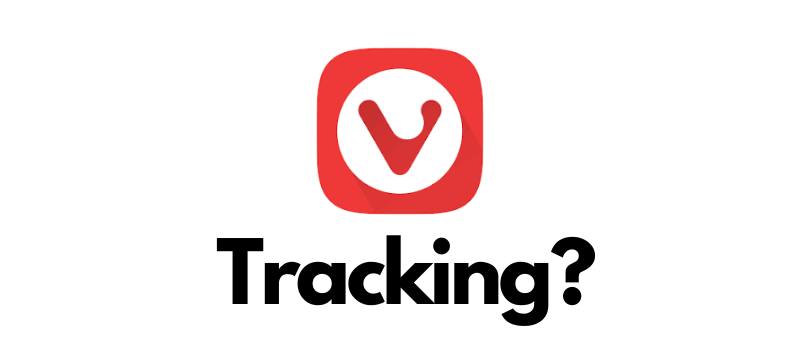Vivaldi is a web browser that was created in 2016 by Jon von Tetzchner and Tonny Sorensen, two former Opera employees. The browser is known for its customization options and focus on privacy.
Does Vivaldi track you?
One of the main concerns that people have about web browsers is whether or not they track their users. Tracking is the process of collecting data about a user’s online activity, such as the websites they visit, the pages they view, and the ads they click on. This data can then be used to target users with advertising, to track their browsing habits, or to build profiles about them.
Vivaldi has a strong focus on privacy, and the company has made a number of commitments to protecting its users’ data. For example, Vivaldi does not track its users by default. The browser also blocks third-party cookies, which are small files that websites can use to track users’ browsing activity.
In addition to its privacy features, Vivaldi also offers a number of other customization options. Users can change the look and feel of the browser, add extensions, and create custom keyboard shortcuts.
A detailed look at Vivaldi’s privacy features
- No tracking by default: Vivaldi does not track its users by default. This means that the browser does not collect any data about the websites you visit, the pages you view, or the ads you click on.
- Built-in ad blocker: Vivaldi comes with a built-in ad blocker that blocks third-party ads. This helps to protect your privacy by preventing websites from tracking you.
- Third-party cookie blocking: Vivaldi blocks third-party cookies by default. This helps to protect your privacy by preventing websites from tracking you across multiple websites.
- Privacy settings: Vivaldi offers a number of privacy settings that you can use to control how much data the browser collects. You can choose to block all cookies, block third-party cookies, and clear your browsing history.
- Encrypted sync: Vivaldi syncs your data across devices using end-to-end encryption. This means that your data is protected from prying eyes.
In addition to its privacy features, Vivaldi also offers a number of other customization options:
- Themes: Vivaldi comes with a number of pre-made themes that you can use to change the look and feel of the browser. You can also create your own custom themes.
- Extensions: Vivaldi supports a wide range of extensions. Extensions are small programs that can add new features to the browser.
- Keyboard shortcuts: Vivaldi allows you to create custom keyboard shortcuts for any action in the browser. This can help you to be more productive when browsing the web.
Tips for protecting yourself from Spyware
- Only download software from trusted sources: When you download software, make sure that you only download it from trusted sources. Avoid downloading software from websites that you are not familiar with.
- Keep your software up to date: Software updates often include security patches that can help to protect you from spyware. Make sure that you keep your software up to date, including your operating system, browser, and other applications.
- Use a firewall: A firewall can help to protect your computer from unauthorized access. Make sure that you have a firewall enabled and configured properly.
- Use a security suite: A security suite can provide additional protection against spyware and other threats. Make sure that you use a security suite that includes anti-spyware protection.
By following these tips, you can help to protect yourself from spyware and other online threats.
Conclusion
Overall, Vivaldi is a good choice for users who are concerned about their privacy and who want a browser with a high level of customization. The browser offers a number of features that help to protect users’ data, and it also offers a wide range of customization options.
